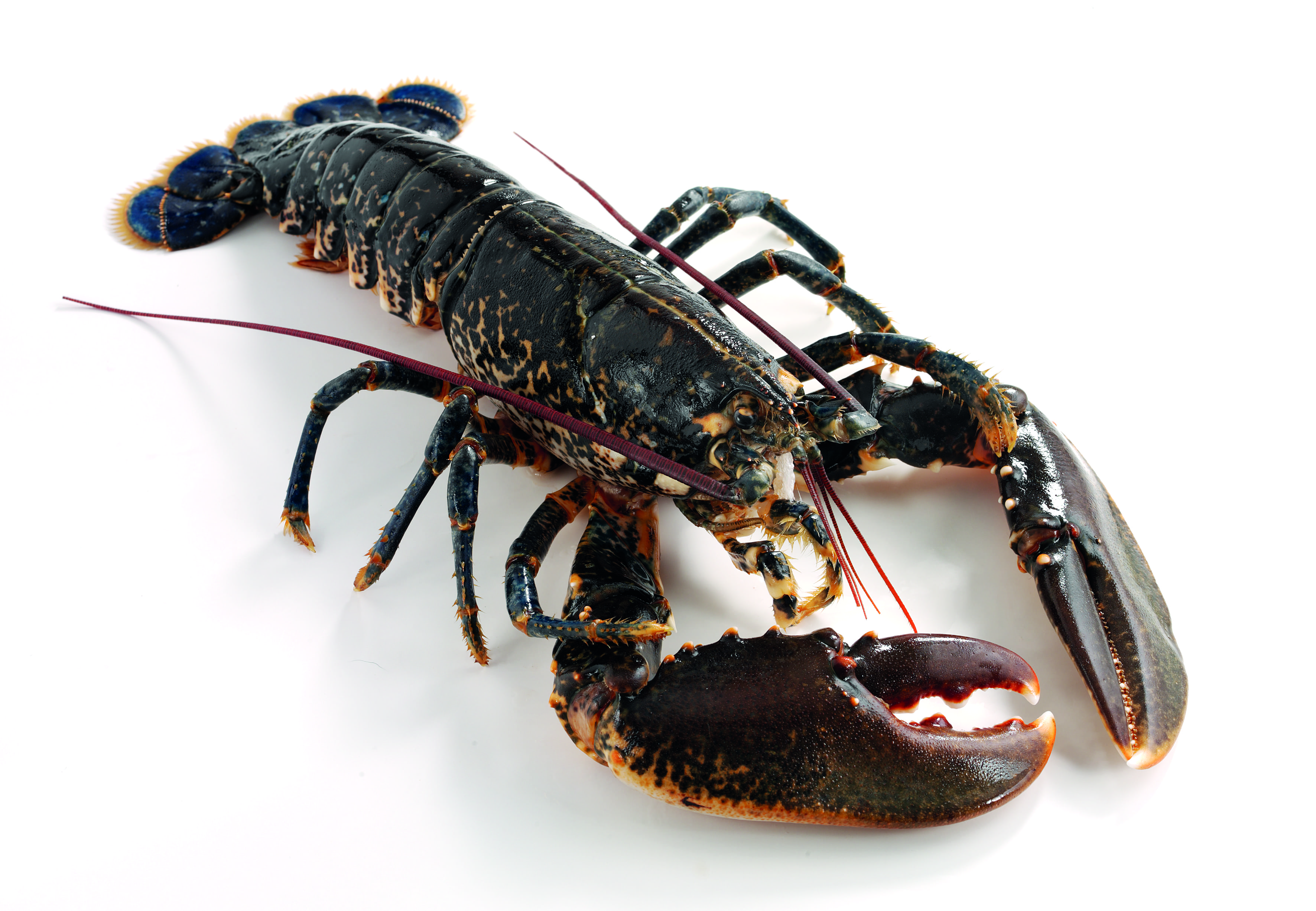Animal sentience and welfare
This includes supporting the development of best practice approaches for handling shellfish, and fish welfare risk mitigation.
This page has information on:
For the seafood sector, animal welfare relates to the handling of live animals throughout the supply chain. At some point animals destined for human consumption must be killed. Despatch can be challenging but it should always be managed in a way that ensures any unnecessary stress is avoided or reduced.
Animal welfare is an issue that the UK seafood industry takes seriously. Managing animal welfare is already a priority for many seafood businesses who have good handling and despatch processes. In addition to supporting welfare, there are also food quality and economic benefits to be gained from careful handling of the catch.
The shellfish sector is worth £565m in export revenue which includes the export of langoustines, crabs and lobster. How shellfish are treated has always been important because crabs and lobsters that are alive and in good condition attract the best price. Practices designed to reduce the stress to the animal and maximise survival are in place throughout the shellfish supply chain.

Defra recognised concerns around animal welfare and sentience in relation to some species which were not included in the 2006 Animal Welfare Act. They commissioned an independent review of the evidence for sentience in cephalopod molluscs and decapod crustaceans. This review was undertaken by the London School of Economics (LSE). A final report on the review was published in November 2021.
The LSE report defines sentience as the capacity to have feelings, such as feelings of pain, pleasure, hunger, thirst, warmth, joy comfort and excitement. Researchers drew on over 300 scientific studies to evaluate evidence of sentience in:
- cephalopod molluscs – including octopods, squid and cuttlefish
- decapod crustaceans – including crabs, lobsters and crayfish
The LSE report is available on their website, you can download a pdf copy from the link below:
Following the publication of the report, Defra tabled an amendment to the Animal Welfare (Sentience) Bill. Further information on the Bill can be accessed from the UK Parliament website:
We’re working with the Shellfish Association of Great Britain (SAGB) and the Crab and Lobster Management Group (CMG) to develop best practice guidance for handling and despatch of live shellfish.
The project to create these guidelines is split into two phases. Phase 1 focused on establishing the form the guidance will take, how it will be implemented and how adherence will be monitored. It also considered which stakeholders need to be actively involved in guidance development and what process should be followed to ensure maximum success.
We’re now underway with Phase 2 of the project. It focuses on establishing guidance for each part of the supply chain. This includes catching, transportation, processing, sales direct to consumers and import or export trade.
We have engaged Cumulus Consultants Ltd to help us develop Codes of Practice for the handling of decapod crustacea across the shellfish supply chain. These Codes will provide:
- assistance to businesses – by setting out the steps they should take to minimise stress and maintain welfare
- reassurance to customers and consumers – showing that due care and attention is being given to animal welfare
It is important that the Codes meet government’s needs and do not compromise food safety. We also need to minimise the impact on and costs to businesses.
Industry-led panels are being set up so that we can draw on industry knowledge and expertise to help us develop the Codes. We’re contacting stakeholders in January 2023 with invites to participate in the panels. If you are interested in participating but haven’t been contacted, please contact using details in the ‘Get in touch’ section at the bottom of this page.
The industry panels will meet 3 times during 2023. We hope to have the final Codes of Practice available by the end of the year.
We recently helped fund the publication and distribution of an advice leaflet on crustacea storage and transport produced by the SAGB. This is available digitally as a pdf from the link to their website below. Hard copies are available directly from the SAGB.
Additional information on welfare is available from the link to an older guide on handling and storing live crustacea below:
Get in touch
If you have any queries about our work relating to animal sentience and welfare please contact: